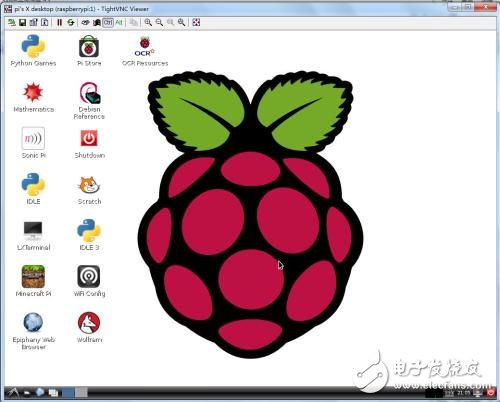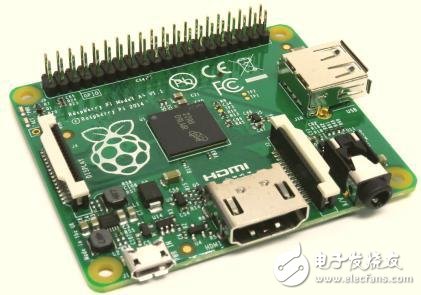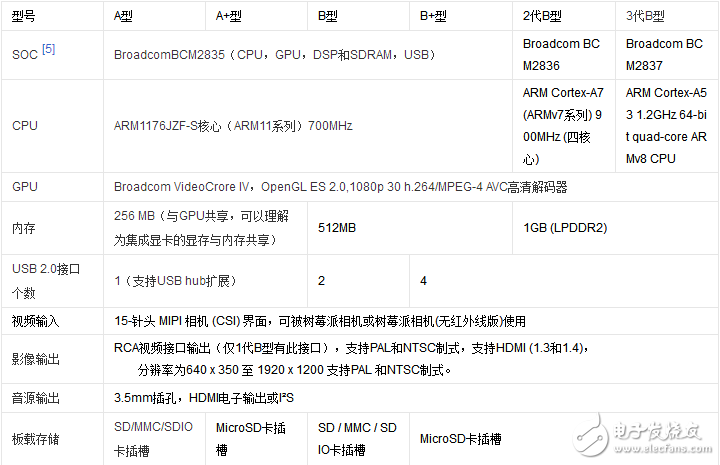Raspberry Pi (commonly known as RPi or RasPi) is a small, credit-card-sized microcomputer designed for learning computer programming and education. It runs on a Linux-based system, and with the release of Windows 10 IoT, it can now also run Windows. Since its launch, it has become a favorite among tech enthusiasts and makers around the world.
Don’t let its small size fool you—this tiny device is packed with powerful features. It supports video playback, audio output, and a wide range of applications. In short, it’s like a full-fledged computer in a compact form. You can connect a keyboard, mouse, and even a monitor via HDMI or TV output, making it ideal for a variety of projects and learning experiences.

**History of the Raspberry Pi**
The Raspberry Pi was developed by the Raspberry Pi Foundation, a UK-based charity founded to improve computer science education. Eben Upton, the project leader, officially launched the first version in March 2012. This mini-computer, slightly larger than a credit card, included all the basic functions of a regular PC, such as running software, playing videos, and connecting peripherals.
Initially, the concept was based on the Atmel ATmega644 microcontroller. The first batch of 10,000 units were produced by manufacturers in Taiwan and mainland China. Over time, the Raspberry Pi evolved into a powerful tool used in both educational and creative projects across the globe.
**Key Features**
The Raspberry Pi is an ARM-based microcomputer motherboard that uses an SD or MicroSD card as storage. It includes 1, 2, or 4 USB ports, a 10/100 Ethernet port (available only on certain models), and video outputs via composite and HDMI. All these components are integrated onto a single board, making it highly portable and versatile.
The Raspberry Pi Model B comes without memory, power supply, keyboard, case, or cables—so users need to purchase those separately. However, this flexibility allows for customization and experimentation.
**Production and Availability**
The Raspberry Pi is manufactured under license by three companies: Element 14/Premier Farnell, RS Components, and Egoman. These companies sell the boards online, and they are also available on major Chinese e-commerce platforms like JD.com and Taobao.
**Software Support**
The Raspberry Pi Foundation provides a variety of Linux distributions, including Debian and Arch Linux, for free download. Python is the primary programming language supported, but it also works with Java, BBC BASIC (via RISC OS or Linux), C, Perl, and more.

**Main Parameters of Each Version**
The Raspberry Pi has gone through several iterations, each with improved performance and features. From the original Model A and B to the latest versions like the Raspberry Pi 4 and 400, each model offers different capabilities, such as increased RAM, faster processors, and better connectivity options.


Whether you're a student, hobbyist, or developer, the Raspberry Pi offers endless possibilities for learning, creativity, and innovation.
Portable Solar Power Generator
500w Solar Generator,Emergency Power,Best Portable Power Station,Lifepo4 Power Station
suzhou whaylan new energy technology co., ltd , https://www.xinlingvideo.com